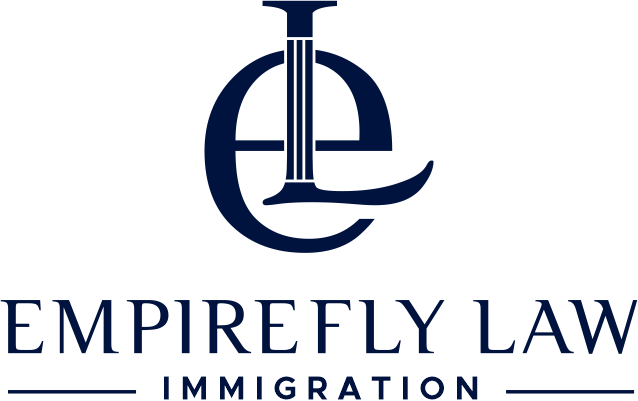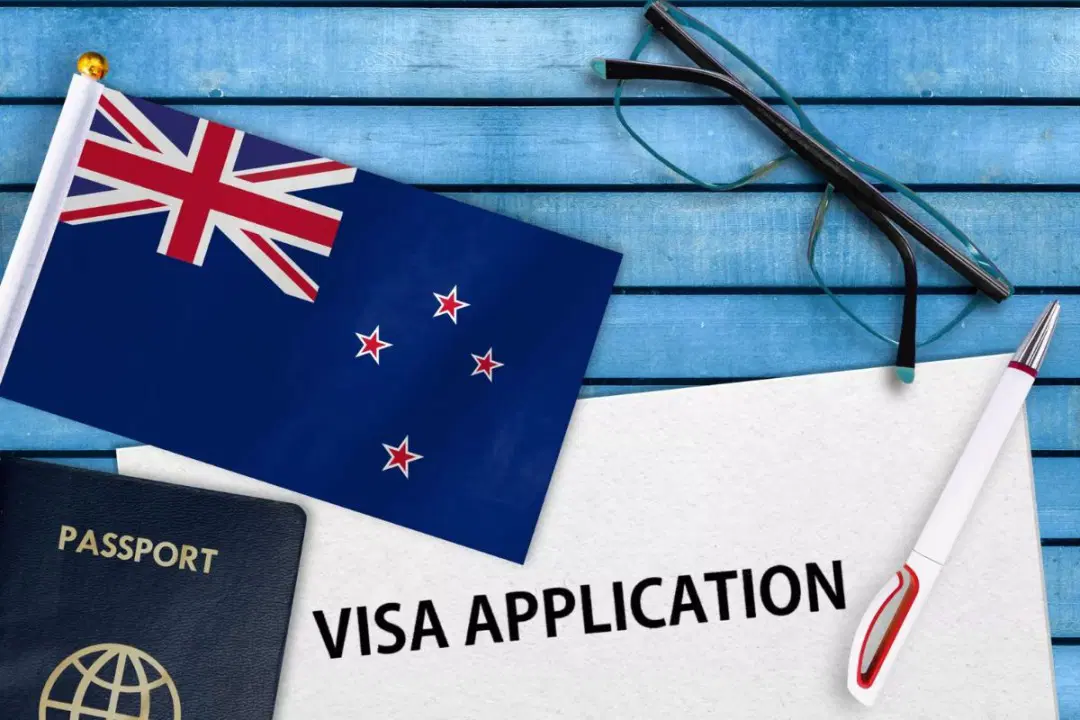New Zealand has announced key changes to its Accredited Employer Work Visa (AEWV), which will take effect from March 10, 2025. These key changes aim to make the visa system more flexible, address skill shortages in various industries, and create better opportunities for migrant workers, including skilled African professionals seeking employment in New Zealand.
As an African professional considering migration to New Zealand for work, it is essential to understand how these key changes impact your eligibility, work conditions, and potential career opportunities. Here’s a detailed breakdown of the upcoming reforms and what they mean for you.
1. Removal of the Median Wage Requirement
One of the most significant key changes is the removal of the median wage requirement for AEWV applicants. Previously, employers had to pay migrant workers at least the median wage to qualify for a visa. However, under the new rules:
- Employers will only be required to pay at least the New Zealand minimum wage (currently NZD $23.15 per hour, increasing to NZD $23.50 on April 1, 2025).
- Migrant workers must still be paid the same as New Zealand workers in similar roles to ensure fair treatment.
- Sector agreements, which previously allowed exemptions from the median wage requirement, will be abolished.
Impact on African Professionals:
This key change makes it easier for skilled African professionals to secure jobs in New Zealand, as employers no longer need to meet strict salary thresholds. Industries that previously struggled to hire workers due to wage requirements may now have more openings for foreign workers, including those from Africa.
2. Work Experience Requirement Reduced to Two Years
Currently, migrant workers must demonstrate at least three years of work experience to qualify for an AEWV. From March 2025, this requirement will be reduced to two years.
Impact on African Professionals:
This is a key change that is beneficial for African professionals who have between two and three years of experience but were previously ineligible for the AEWV. If you have been working in a skilled profession for at least two years, you may now qualify for the visa and begin your career in New Zealand sooner.
3. Changes to Employer Engagement with the Ministry of Social Development (MSD)
Employers hiring migrant workers for lower-skilled roles (classified under ANZSCO skill levels 4 and 5) must engage with the Ministry of Social Development (MSD) to check for available local workers before offering jobs to migrants.
Under the new key changes:
- Employers must declare that they have advertised the role through MSD and interviewed suitable New Zealand candidates before hiring a migrant worker.
- Employers must keep records of their recruitment process as they may be required to provide evidence upon request.
Impact on African Professionals:
While this step adds an extra layer of employer responsibility, it does not affect skilled professionals in ANZSCO skill levels 1 to 3. If you are applying for highly skilled positions, this requirement will not impact your eligibility.
4. Extended Visa Duration for Lower-Skilled Workers
Previously, lower-skilled migrant workers (ANZSCO levels 4 and 5) were granted a visa duration of up to two years. Starting in March 2025, the visa duration will be extended to three years.
Impact on African Professionals:
For African professionals in lower-skilled occupations, this means greater stability and a longer stay in New Zealand before needing to renew your visa. This is particularly useful for individuals in roles such as caregiving, hospitality, and construction.
5. Increased Income Threshold for Supporting Dependent Children
To sponsor dependent children under an AEWV, migrants must meet a minimum income threshold. From March 2025, this threshold will increase from NZD $43,322.76 to NZD $55,844 per year.
Impact on African Professionals:
If you plan to bring your children with you to New Zealand, ensure that your salary meets the new income requirement. It is advisable to negotiate a salary that aligns with or exceeds this threshold.
6. Reclassification of Occupation Skill Levels
Several occupations will be reclassified to reflect their actual skill levels in the National Occupation List (NOL). Some roles will be upgraded from ANZSCO level 4 to level 3, making it easier for professionals in these roles to secure visas. These include:
- Cook
- Pet groomer
- Kennel hand
- Nanny
- Fitness instructor
- Scaffolder
- Slaughterer
Additionally, four more roles will be recognized as skill level 3 if the employer specifies that the job requires either three years of work experience or a level four qualification:
- Agricultural and Horticultural Mobile Plant Operator
- Excavator Operator
- Forklift Driver
- Mobile Plant Operators (Not Elsewhere Classified)
Impact on African Professionals:
If your occupation has been upgraded to a higher skill level, it may be easier for you to qualify for an AEWV. Skilled African professionals in fields such as construction, agriculture, and childcare stand to benefit the most.
7. Changes to Interim Visas for AEWV Applicants
From April 2025, Interim Visas will be introduced for AEWV applicants, allowing them to continue working or start employment while waiting for their visa approval.
Impact on African Professionals:
This is a major relief for African professionals applying for the AEWV, as it reduces the risk of employment gaps due to visa processing delays.
What African Professionals Should Do Next
- Assess Your Eligibility: Ensure that your work experience, qualifications, and job offer align with the new AEWV requirements.
- Negotiate Salaries Wisely: If you plan to bring dependents, ensure your salary meets the increased income threshold.
- Prepare for the March 2025 Changes: If you are already considering applying for an AEWV, timing your application after the changes take effect could be beneficial.
- Stay Updated on Policy Changes: Check the official New Zealand Immigration website for the latest updates: Immigration New Zealand
- Engage a Licensed Immigration Adviser: Working with a professional can help ensure a smooth visa application process.
Final Thoughts
The key changes to New Zealand’s Accredited Employer Work Visa (AEWV) coming in March 2025 offer new opportunities for African professionals seeking employment in New Zealand. By staying informed and preparing in advance, you can take full advantage of these updates to secure a job and build a successful career in New Zealand.
Contact Empireflylaw for personalized guidance and step by step direction as it concerns migration and visa acquisition.
For more information, visit the official New Zealand immigration website




